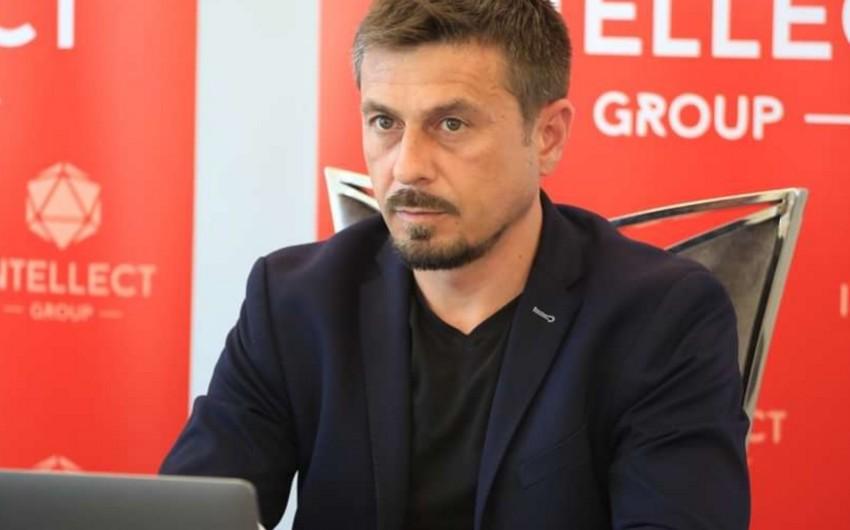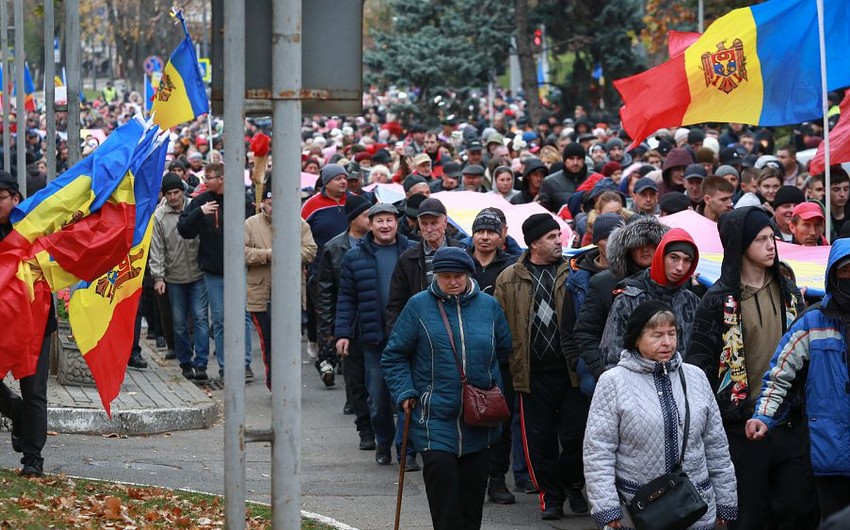80% of Moldovan citizens are in a tough situation, which leads to growing dissatisfaction and mistrust towards the government and international institutions such as OSCE, EU, and NATO, as well as weakening solidarity against the Ukrainian conflict, Jan Lisnevsky, a well-known Moldovan expert and head of the Intellect Group sociological center, told Report's Eastern Europe bureau.
According to him, the energy crisis is currently one of the most urgent problems for both Moldovan citizens and the government: "The difference is only in the approach to solving this problem. Most of the citizens want this problem to be solved as soon as possible because they cannot afford the high electricity and gas tariffs."
Lisnevsky noted that the same situation is observed in neighboring Romania, where the consequences of the energy crisis are less felt: "Recent polls show that trust in NATO has decreased by 15% in Romania and 10% in EU. The situation with the firing of the energy infrastructure in Ukraine only proved that the necessary measures to prepare for such emergencies were not taken in Moldova and revealed many shortcomings. They are currently trying to compensate for this on the basis of an agreement on the supply of electricity with Transnistria. The blackout incident proved once again that the European integration process is impossible without creating new logistics, energy, and vital communications with the countries of the European Union (EU). At the current stage, the European integration process is based only on declarations and short-term EU assistance. The lack of communication between the government and the population and the failure to prepare an anti-crisis plan led to the fact that the majority of citizens (47%) blame the president for what happened, and only 37% blame the war in Ukraine. This is also explained by the fact that the energy crisis affected Moldova in 2021. Thus, 67% of citizens believe that the government has had enough time to solve this problem, and find alternative sources of energy to supply vital state institutions (hospitals, clinics, schools, and kindergartens). Before the Ukrainian events, more than 65% of citizens saved energy due to poverty, but now this percentage has increased to 80%. This is no longer a solidarity action but a necessity for citizens."

The expert said that the prolongation of the armed conflict and its negative consequences led to the political views of the ordinary people and increased dissatisfaction: "As in the neighboring country, the percentage of the population who accuse Zelensky and NATO of fueling the conflict has increased to 44%, compared to only 42% of the population who blame Putin and Russia. The percentage of the population who believe that Russia is one of the most profitable partners in terms of economic (38%), political (37%), and security (36%) in the next five years is also increasing. The results of the latest sociological survey clearly show that if the government continues to ignore the main problems of society and look for excuses (even if they are valid), it risks losing the confidence of the citizens in the issue of European integration, which is very important for the Republic of Moldova. This is the main danger of solving the energy crisis. If the government loses the support and trust of the population again in the European integration process, as it did after the theft of a billion funds, Moldova may lose decades again on this only right path."


 https://static.report.az/photo/c8c57269-39ca-3af5-9a5f-022676296085.jpg
https://static.report.az/photo/c8c57269-39ca-3af5-9a5f-022676296085.jpg

